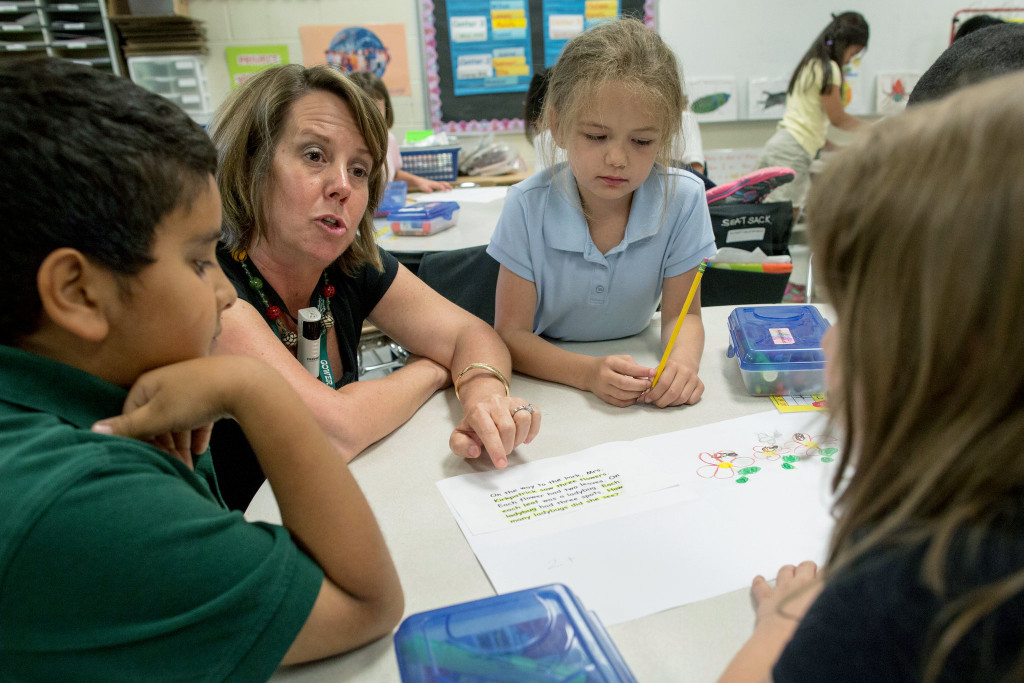
On the surface, Emily Mitchell and Rick Womick are complete opposites. She is a democratic elementary school teacher who is the president of the Tennessee Education Association—the state’s largest teacher’s union. He, on the other hand, is a conservative Tennessee State Representative. However, according to an article recently completed by The New York Times, these two, and many other left and right wing opponents, are teaming up to fight policies trying to force themselves into the public education system.
These unlikely allies may not agree on much, but they do tend to share beliefs on strict academic benchmarks, standardized testing and performance driven evaluations for teachers. These hot button issues are bringing together countless coalitions of teachers, lawmakers and parents from opposite sides of politics all across the country.
In Oklahoma, a teacher union supported a Republican bill to overturn a law that required all third graders who did not pass a certain standardized test to be held back. In New Jersey, a bill that worked to use test score results to affect teacher evaluations and sought to slow down the introduction of the new Common Core standards was passed with a rare vow of confidence in the form of a unanimous vote. In New York, Common Core became an issue once again, as opposition from both left and right wing officials led to a delay in student’s facing consequences from this year’s standardized test results. Specifically, conservative Republicans of Tennessee, including Womick, joined the teacher’s union in supporting a bill to delay administering a standardized test aligned with the Common Core standards.
The Common Core standards, which are a set of nationalized standards for reading and math applicable to elementary, middle and high school levels, is something of a common ground between left and right wing advocates. But, the reason for opposition is obviously different for each group. For those from the left, the concern comes from the high stakes involved in the Common Core, which are far more detailed and demanding on the student, to the point of impossibility, some argue. For the right wing officials, national intervention in state-driven public schooling becomes an issue. In essence, those who hail from the right simply do not want national standards.
From this controversy, several teachers acknowledge that they are wary of allegiances between the two opposing political agendas. However, if working together can bring the focus back to where it belongs—the students—then any means is worth the end.
For additional information checkout the Linkedin page of Jamie Asaka